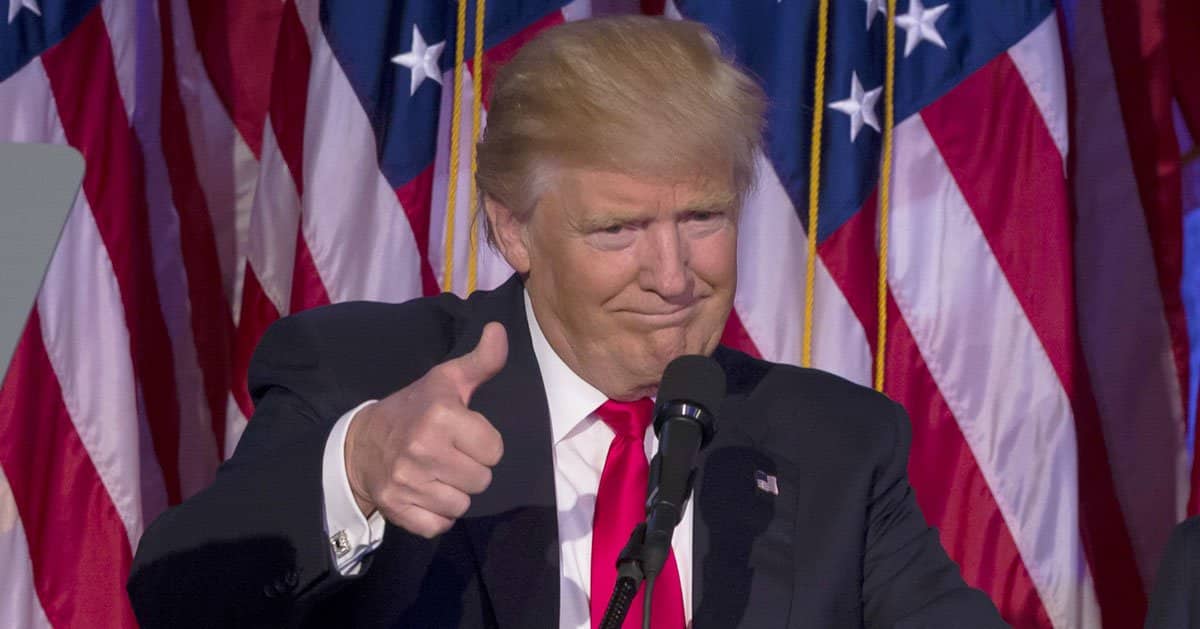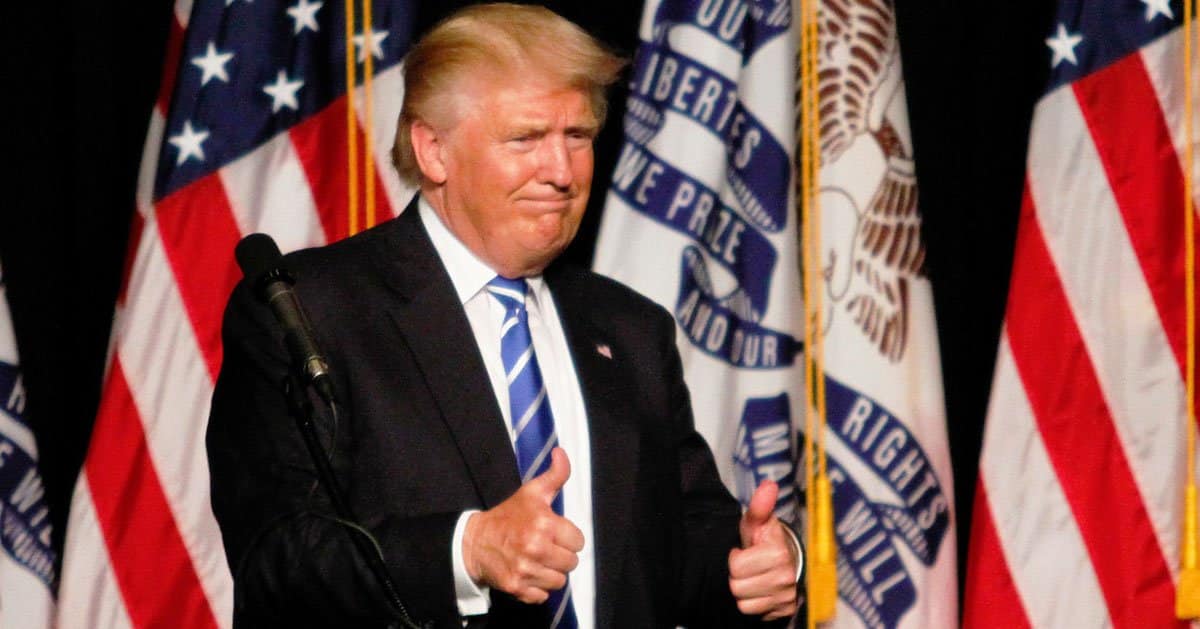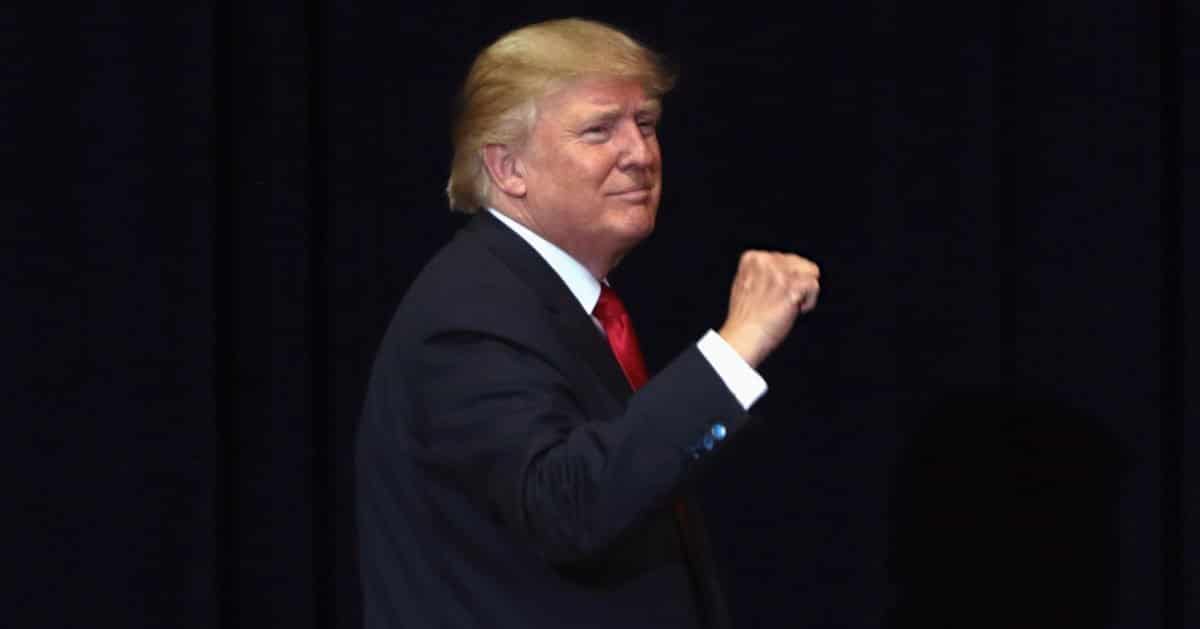








Wealthy donors to Vice President Kamala Harris' campaign are urging her to reconsider a proposed tax policy on unrealized capital gains, sparking a debate within political and economic circles.
The Daily Caller reported that the proposed plan, which aims to tax unrealized capital gains at 25% for individuals with a net worth of $100 million or more, has raised concerns about its potential impact on both the economy and Harris’ campaign.
The proposal, inherited from President Joe Biden, is part of a broader package of tax hikes intended to generate revenue for the 2025 budget.
The overall plan, expected to cost around $5 trillion, targets high-net-worth individuals, seeking to ensure that billionaires pay what the Harris campaign describes as their “fair share” of taxes.
However, the policy has met with significant resistance from some of Harris’ wealthiest supporters, particularly those in Silicon Valley. These donors, who have been crucial to Harris’ campaign funding, are questioning the viability and fairness of taxing unrealized gains.
Aaron Levie, CEO of Box and a donor who has contributed $30,000 to the Harris campaign, expressed skepticism about the proposal.
Levie, who plans to donate more to the campaign, mentioned that many of his peers in the tech industry view the policy as punitive. “There’s optimism that this can’t possibly be real,” Levie said.
He added that many are waiting to hear from the Harris campaign to clarify whether this proposal is a serious initiative or simply a holdover from the Biden administration.
This sentiment is echoed by other prominent figures in Silicon Valley. An internal survey conducted among over 100 investors, who had pledged their support for Harris in July under the banner "VCs for Harris," revealed that approximately 75% of respondents believe the tax could stifle innovation.
Concerns are growing that the tax might lead to unintended consequences, such as the forced liquidation of investments to cover the tax on gains that have not yet been realized.
Charles Myers, founder of Signum Global Advisors, weighed in on the matter, acknowledging the widespread concern within the investor community.
“In my world, yes, I do hear about it and there is concern,” Myers said. However, he also noted a prevailing belief that the proposal is unlikely to pass Congress, even in the event of a Democratic sweep in the upcoming elections.
The proposal’s critics argue that taxing unrealized capital gains is not only impractical but also economically unsound.
E.J. Antoni, a public finance economist at the Heritage Foundation’s Grover M. Hermann Center for the Federal Budget, offered a scathing critique of the policy.
Antoni described the proposal as “beyond insane,” pointing out that it would force individuals to sell off portions of their investments each year to pay taxes on gains that are merely speculative and not yet realized.
Antoni further argued that the proposal demonstrates a lack of understanding of basic economic principles, particularly the distinction between realized and unrealized gains.
“Until an asset is actually sold, any increase in value is purely speculative. It isn’t real, hence the classification of unrealized,” Antoni explained. His comments underscore the broader debate about the feasibility and consequences of the tax.
Despite the pushback, the Harris campaign remains committed to the proposal as part of its broader strategy to address income inequality and ensure that the wealthiest Americans contribute more significantly to federal revenues.
Campaign spokesman Charles Kretchmer Lutvak emphasized that the policy is designed to ensure that billionaires pay their “fair share” of taxes, reflecting the campaign’s focus on equity and fiscal responsibility.
As the 2024 election approaches, the debate over the proposed tax on unrealized capital gains could have significant implications for Harris’ campaign.
While the policy aligns with progressive calls for higher taxes on the ultra-wealthy, it risks alienating key donors who are critical to funding her campaign.
The timing of the proposal, coming as part of a broader package of tax increases for the 2025 budget, also raises questions about its political viability.
With the election just around the corner, Harris must navigate the delicate balance between appealing to her progressive base and maintaining the support of her wealthy donors, particularly those in the tech industry who have been instrumental in her political rise.
So far, the Harris campaign has not responded to requests for comment from the Daily Caller News Foundation, leaving many questions about the future of the proposal and its impact on the campaign unanswered.



